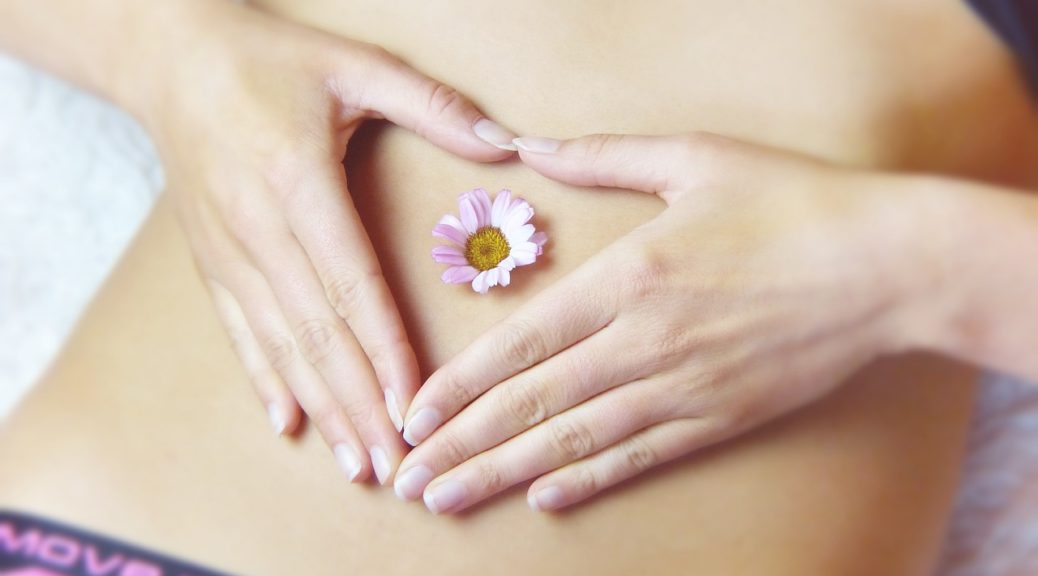
Breastfeeding and Your Period – Everything You Need to Know
When it comes to breastfeeding myths, those about breastfeeding and your period are some of the most common misconceptions.
There is a lot of fear that, with the reappearance of the menstrual cycle and the period, breastfeeding will end or that breastmilk could dry up, so we have decided to answer all your questions so that you can be reassured about what happens when your period is back and you are a breastfeeding mother.
Around one month after birth I am having a bleeding, is this my period?
After childbirth, discharges appear that are called lochia, these bleedings do not have to last over a month. But all discharges that occur before 52 days postpartum are considered lochia.
Are there any tricks to delay periods from coming back as much as possible?
Although it is impossible to guarantee, there are some things you can do to delay the appearance of your period as much as possible: breastfeeding frequently, on demand, day and night. Especially at night. Avoid the use of pacifiers/dummies and bottle teats. Exclusive breastfeeding for the first 6 months. By the end of the third month postpartum, only 33% of breastfeeding women have had a period, while 91% of non-breastfeeding women have had at least one period.
And if I do all of the above, why did my period come back anyways?
Prolactin is produced in the pituitary gland in the centre of the brain and prevents ovulation, but this is not always the case. And sometimes, despite of exclusively breastfeeding day and night and keeping in mind the rest of the considerations, your period may come back very soon.
When is it normal for my period to return?
If you are exclusively breastfeeding, it is almost certain (if you follow the above recommendations) that you will not get your period for the first six months. From then on and with the start of introducing solid foods, it is more likely that your period will return. But there is no such thing as a “normal” return time and it is a complete mystery to know when your period will return.
Will I have less milk?
This is a complicated subject. From what we know, you shouldn’t produce less milk. However, many women tell us that they sense they have less milk, and that causes them distress.
For some women, decreased milk supply and associated nipple tenderness are a monthly challenge. A treatment for these symptoms associated with the return of menstruation is suggested by adding a calcium/magnesium supplement to the diet after ovulation and continuing it until the second or third day of the period. The supplement should be 1500mg calcium / 750mg magnesium, but can be as low as 500mg calcium / 250mg magnesium (the higher the dose, the more effective and faster the results). This should be a combination supplement, as that amount of calcium should never be taken alone.
Is all bleeding menstruation?
Not all vaginal bleeding is menstruation; and it is likely that the first bleedings are anovulatory (without the release of an egg from the ovaries).
The intensity of breastfeeding and time postpartum affects the occurrence of ovulation; 78% of women ovulated before the first menstruation.
It seems like my baby doesn’t want to breastfeed when I am on my period, why?
Sometimes they notice the slight variations in the taste of breastmilk and reject it. It seems that during menstruation the milk may be slightly more salty, which makes some babies uncomfortable.
Why do my nipples hurt?
As estrogen and progesterone increase from the onset of ovulation and at the end of the luteal phase, the sensitivity of the nipples increases. This discomfort may remain until the onset of menstruation, and there is not much that can be done to relieve the discomfort.
I think my baby poops more, why?
When we are menstruating, the prostaglandins in our milk increase. This hormone can cause more bowel movements in the baby and that is why you may see temporarily more poop in the diaper/nappy.
Is it bad not having my period for so long?
Not at all. Even though you might be concerned about this long absence of your period, there really is no risk to a mother’s health. On the contrary, sustained amenorrhea (absence of periods) prevents iron deficiency and reduces the risk of breast and ovarian cancer.
Can I get pregnant again without having my period?
Of course you can. As soon as that first egg is released and ovulation begins again, you can get pregnant even though your period hasn’t returned yet.
If you have more questions about all things breastfeeding and beyond, download our free App, LactApp for Android or iPhone to get personalized answers.